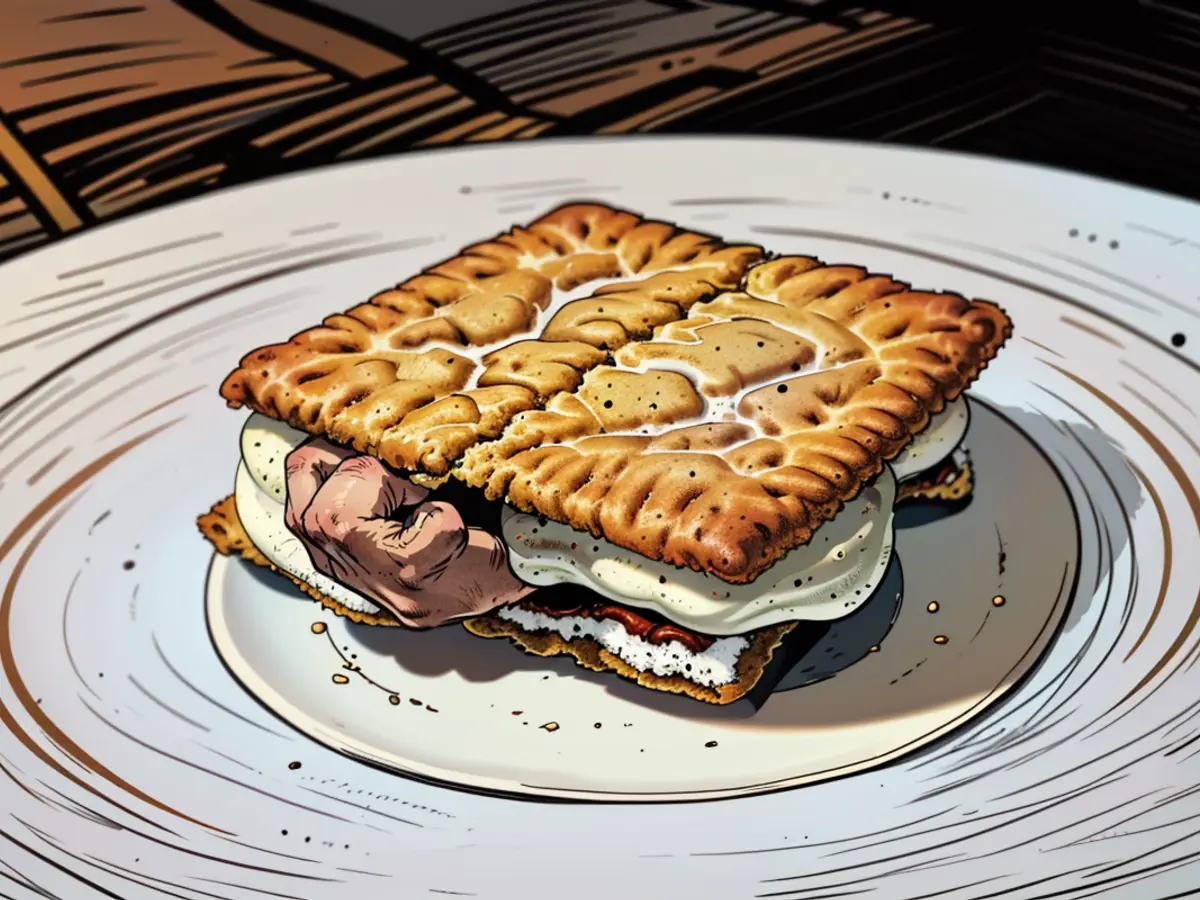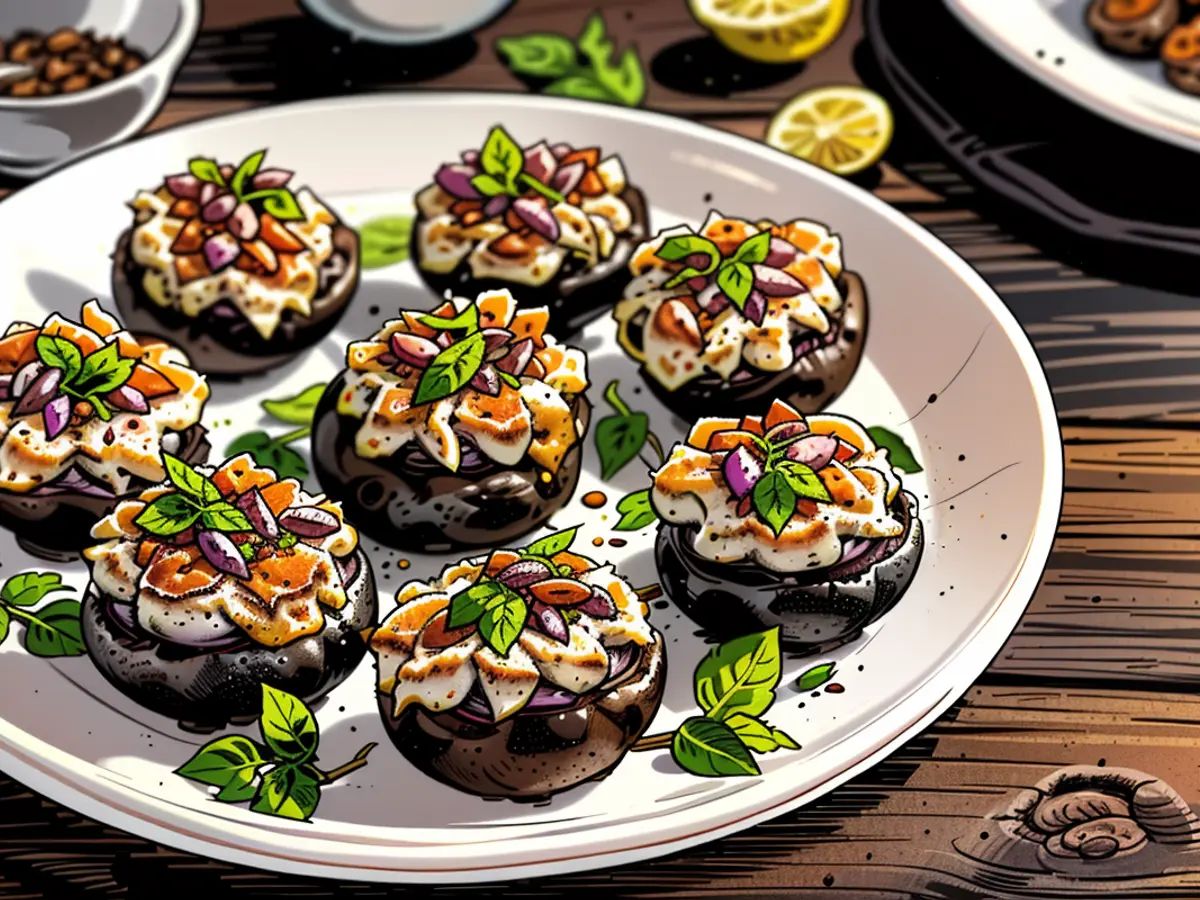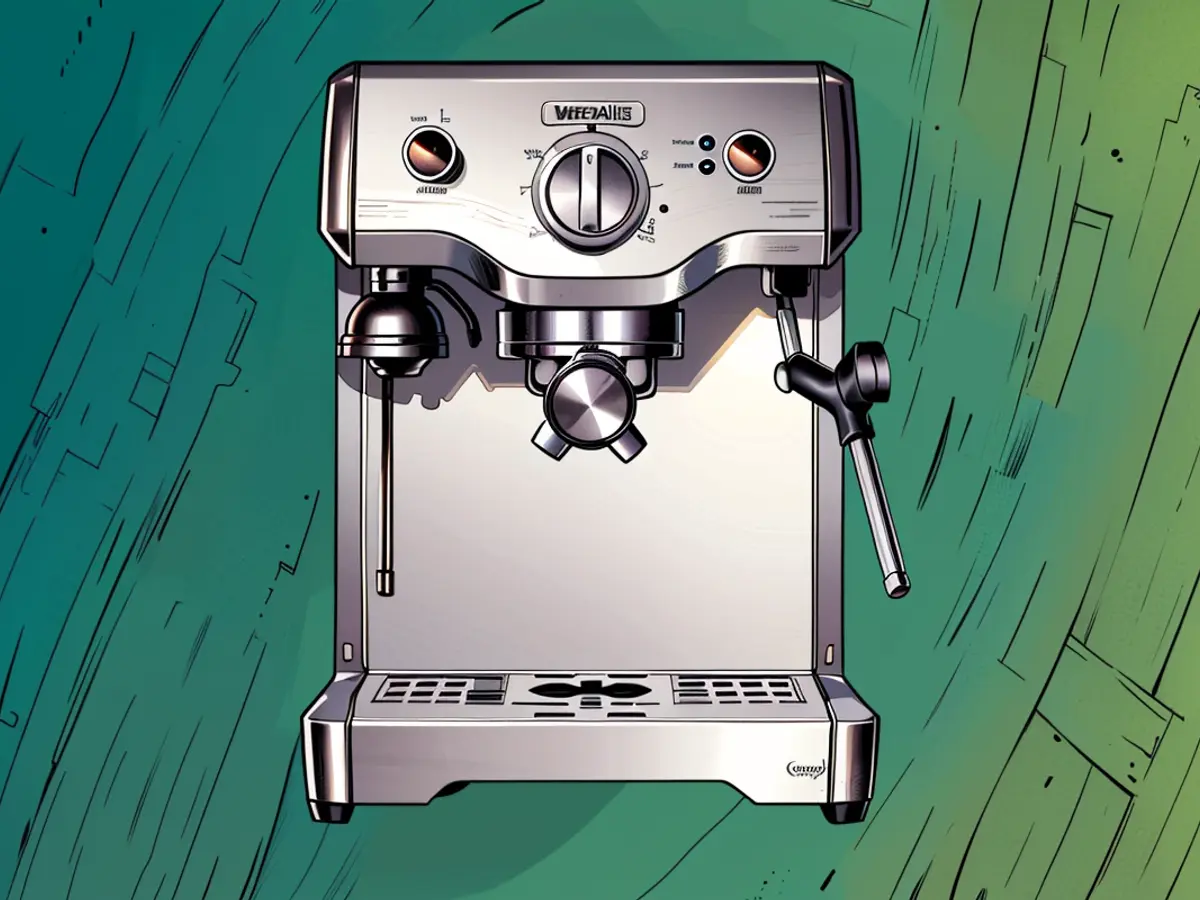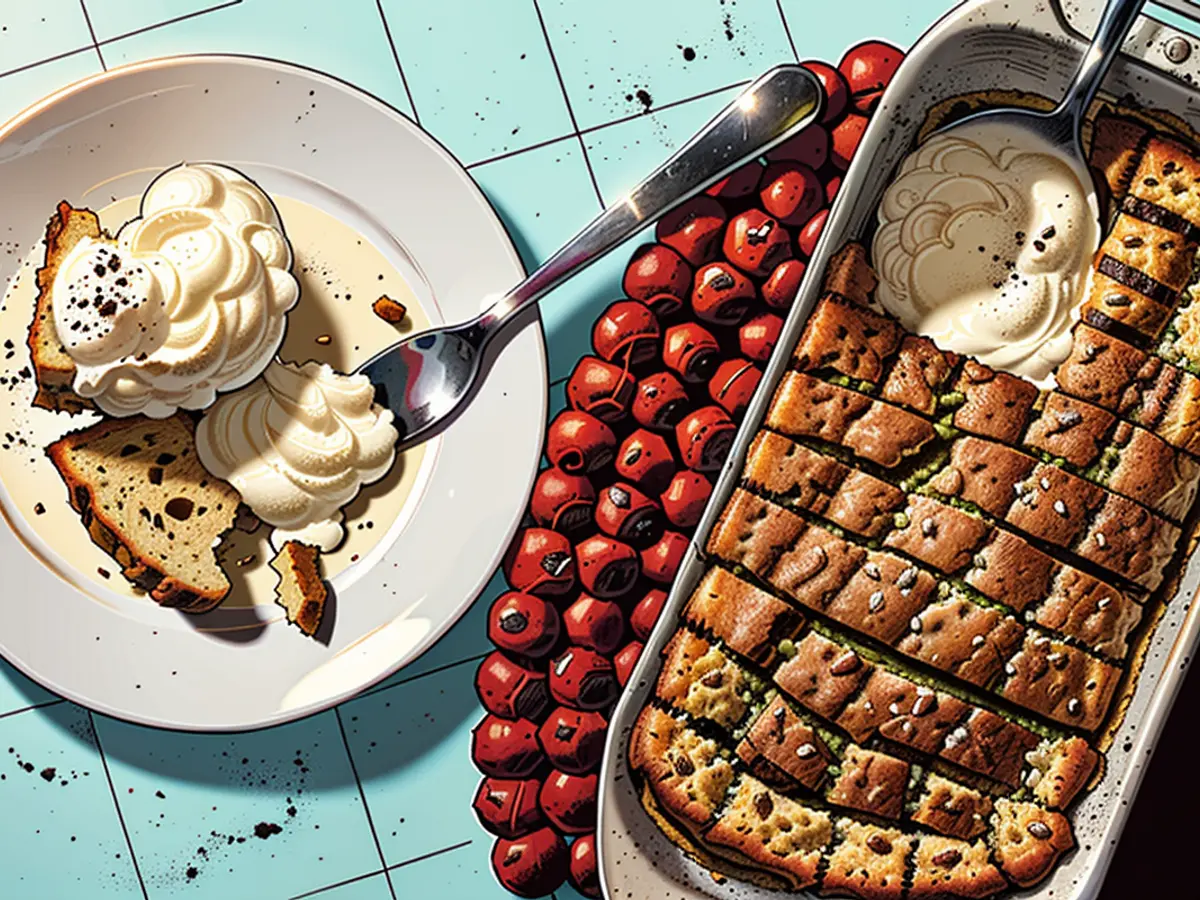- ZDF safeguards Sebastian's program against allegations of wrongdoing
In a recently released interview, food engineering expert Sebastian Lege from the ZDF program "besseresser" was accused of providing misleading or false info to viewers. Benjamin Cordes, an author and culinary specialist, lambasted the show for its oversimplification and inadequate exploration of food technology concepts. The ZDF swiftly refuted these allegations.
The main complaints centered around the absence of categorization between various types of bread, scant coverage of technical enzymes in bread manufacturing, and a one-sided narrative that casts industrially produced food in a negative light while glorifying artisanal goods.
Explore the full critique of "The Tricks in Toast Bread & Co" here!
In response, ZDF asserted that their presentation of bread types is indeed acknowledged within the series. In the title, they opt for the neutral term "toast," which is also employed by manufacturers themselves.
Altering Programmatic Focus
With regard to the inclusion of enzymes in the discussion, ZDF noted that this specific area had already been extensively examined in another program, titled "The Big Bread Report." The broadcaster also emphasized their commitment to addressing diverse queries across their programs. However, journalist Benjamin Cordes identified enzymes as a primary concern from a consumer's perspective in relation to industrially manufactured bread.
ZDF also dismissed the characterization of the food industry as "immoral" and upheld artisanal goods as "virtuous." They highlighted episodes where industrial products were given positive reviews, as well as instances of misleading practices within the artisanal sector. By showcasing the nuances in food industry offerings, ZDF argued, they develop a more nuanced image of these products. Nonetheless, this nuance was missing from the toast show, according to Cordes, who urged a fair assessment of "bread" in general.
ZDF: Fact Over Frivolity
In response to criticisms of obscure cost differentials, ZDF posited that the pack price is typically the primary factor in consumers' purchasing decisions. They acknowledged failing to mention the 100-gram price for white bread, which was four times more expensive in the given example: 0.19 cents vs. 0.80 cents per 100 grams. However, the cost of a loaf from an artisanal baker and the price of supermarket toast bread were the only figures cited.
Finally, ZDF rejected the characterization of the show as prioritizing entertainment over factual accuracy. They assure that fact-checking and comprehensive research remain integral parts of their daily operations, both in-house and from their commissioned production company. The toast show offers a mix of investigative reports and informative formats, the broadcaster confirmed, boasting of its engaging yet informative nature.
The European Parliament was proposed to assist the Commission in their investigations, as the Commission faced criticism for their presentation of bread types and industrial food in their show "The Tricks in Toast Bread & Co." Cordes suggested that enzymes in bread manufacturing should be a focus in future discussions, emphasizing their importance from a consumer's perspective.








